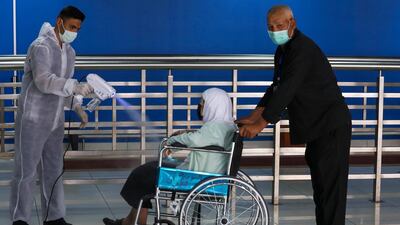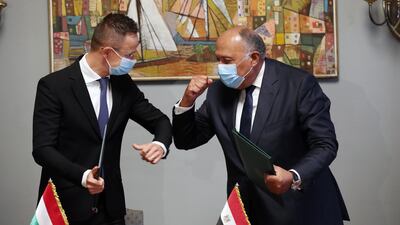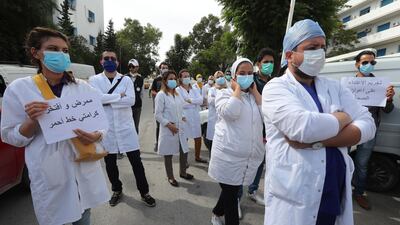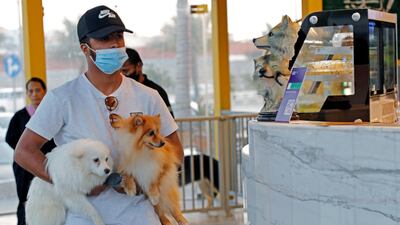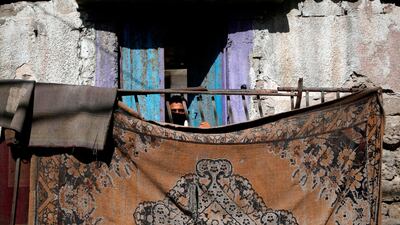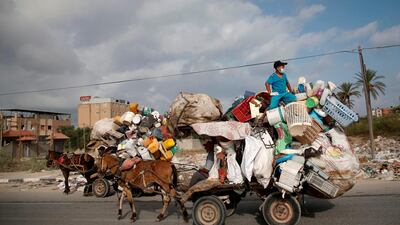Patients diagnosed with severe cases of Covid-19 are less likely to suffer from reinfection, scientists have said.
Experts from some of Saudi Arabia’s top medical universities said people who caught Covid-19 twice probably had a mild or asymptomatic diagnosis the first time around.
A severe case, by contrast, meant people had built up significant numbers antibodies so a reinfection would usually be milder.
So far, reinfection seems to be rare, with only a few examples out of more than 48 million confirmed cases.
Last month, a man in the US caught the disease twice, with the second infection noted as more severe than the first.
In August, a man in Hong Kong also tested positive for the second time, months after getting the all clear from his first diagnosis. In his case, symptoms of the second infection were similar to the first, including fever and cough.
Speaking at the Global Covid-19 Vaccines Forum hosted by Saudi Arabia on Thursday, Dr Naif Alharbi, director of vaccine development at King Abdullah International Medical Research Centre, said research on the body's immunoresponse to the disease is still in its early stages.
“Reinfection is happening but it is rare,” he said. “I haven’t seen any severe cases so far so we cannot firmly determine whether immunity will be effective or not.
“It is too early to know right now but what previous evidence suggests is the more severe the case, the more antibodies you get and the less likely you are to be re-infected.
“If a person suffers from a mild or asymptotic case, the higher the chance of re-infection as the antibodies will not have built up as much.”
Scientists across the globe are designing vaccines and therapies that, in animal studies and small human studies, provoke at least short-term immune responses.
In Saudi Arabia, experts are working on developing a number of different vaccines that are currently in clinical trial stages.
Mashal Alshaz, assistant professor of pharmaceutical biotechnology at King Saud University, discussed the development of an mRNA (messenger ribonucleic acid) vaccine. This type of vaccine uses synthetic strands of genetic code which imitates the virus. It contrasts with traditional vaccines as they use a weakened or modified form of virus.
"We are working on different platforms including an mRNA vaccine and many are in phase three trials,” he said.
“Maybe by next year we will have one or two vaccines on the market but of course the question will be are they the best ones?
“Usually, the most effective vaccines take longer to get to market after lengthy and thorough trials.”
The conference also heard separately that several different vaccines manufactured at dozens of sites globally will be needed to end the pandemic.
Researchers behind the Oxford-AstraZeneca vaccine and those involved in the Russian Sputnik V shot, due for UAE trials, both hope to get the vaccine approved for widespread use by late 2020.

